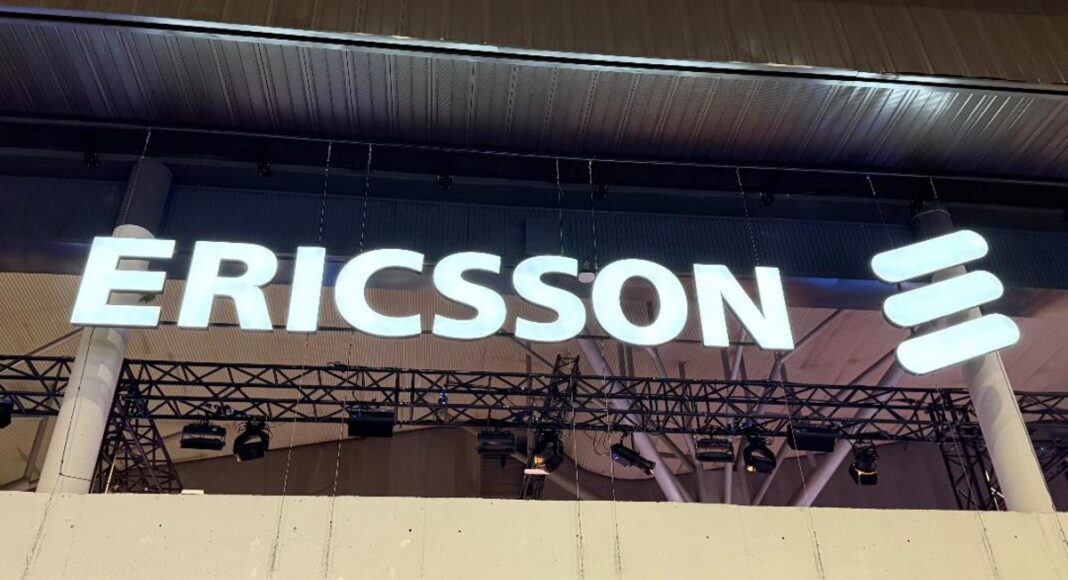Ericsson’s U.K. research program involves close collaboration with academic institutions, industry partners and mobile operators
In sum, what to know:
Ericsson extends U.K. 6G research program – The vendor is renewing its multi-million investment in a U.K.-based initiative to explore 6G and next-gen network technologies.
Research targets critical 6G pillars – Focus areas include energy efficiency, cognitive networks, integrated sensing, and network security, supporting global standards and innovation.
U.K. backed by academic-industry ties – Ericsson is working with universities, CSPs and government on 6G development, aligning with the U.K.’s £370M digital connectivity plan.
Swedish vendor Ericsson has announced it will continue investing in its U.K.-based research program for 6G and next-generation network technologies, reinforcing its long-term commitment to the future of global communications. The research initiative, which started in 2022, supports work on critical technologies expected to shape digital infrastructure over the next decade, the company said.
Ericsson’s U.K. research hub focuses on several advanced areas such as multiple transmission reception point (multi-TRP) systems, integrated sensing and communication (ISAC) architecture, cognitive networks, deployment optimiZation for 6G and efforts to improve energy efficiency, network resilience, and cybersecurity.
Ericsson also said its U.K research program involves close collaboration with researchers, PhD students, academic institutions, industry partners and mobile network operators. These efforts are aimed at developing technology that could later become part of international standards and commercial products, according to Ericsson.
The European vendor is currently contributing to 3GPP specifications through its research and joint projects in the U.K. It highlighted its involvement in projects such as REASON and the now-completed TUDOR initiative as examples of how U.K. research has supported early innovation in the 6G field.
According to Ericsson, this research supports the country’s position as a leader in the development of next-generation mobile technology. The company’s commitment also aligns with the U.K. government’s Digital and Technologies Sector Plan, which includes £370 million ($507 million) in funding for advanced connectivity technologies, including 6G.
Ericsson also reaffirmed its intention to work closely with U.K. academia, industry and government to help shape both innovation and standards in the coming 6G era.
U.K. telecoms minister Chris Bryant, said: “Ericsson’s continued commitment to 6G research in the U.K. demonstrates the strength of our nation as a global hub for telecommunications innovation. By bringing together U.K. academia, industry and world-class researchers, we’re not just developing the technologies of tomorrow — we’re securing Britain’s position as a world leader in developing and deploying Advanced Connectivity Technologies, a key frontier technology that will help grow the economy and deliver on our Plan for Change.”
6G is expected to launch around 2030, building on 5G’s capabilities. Analysts say future 6G networks would enable new technologies such as extended reality, intelligent robotics and advanced healthcare systems that rely on ultra-fast, reliable networks.
In related news, Ericsson said it is expanding its research and development (R&D) team in Bengaluru, India to enhance its capabilities in Application-Specific Integrated Circuit (ASIC) development.
Nitin Bansal, managing director at Ericsson India, said: “Expanding our ASIC R&D in India will enable us to leverage the local technology competence in the country towards enhancing our capabilities in semiconductor design. This unit will also contribute towards strengthening the semiconductor ecosystem in the country. Ericsson expects to initially grow its R&D team in India by more than 150 positions.”

